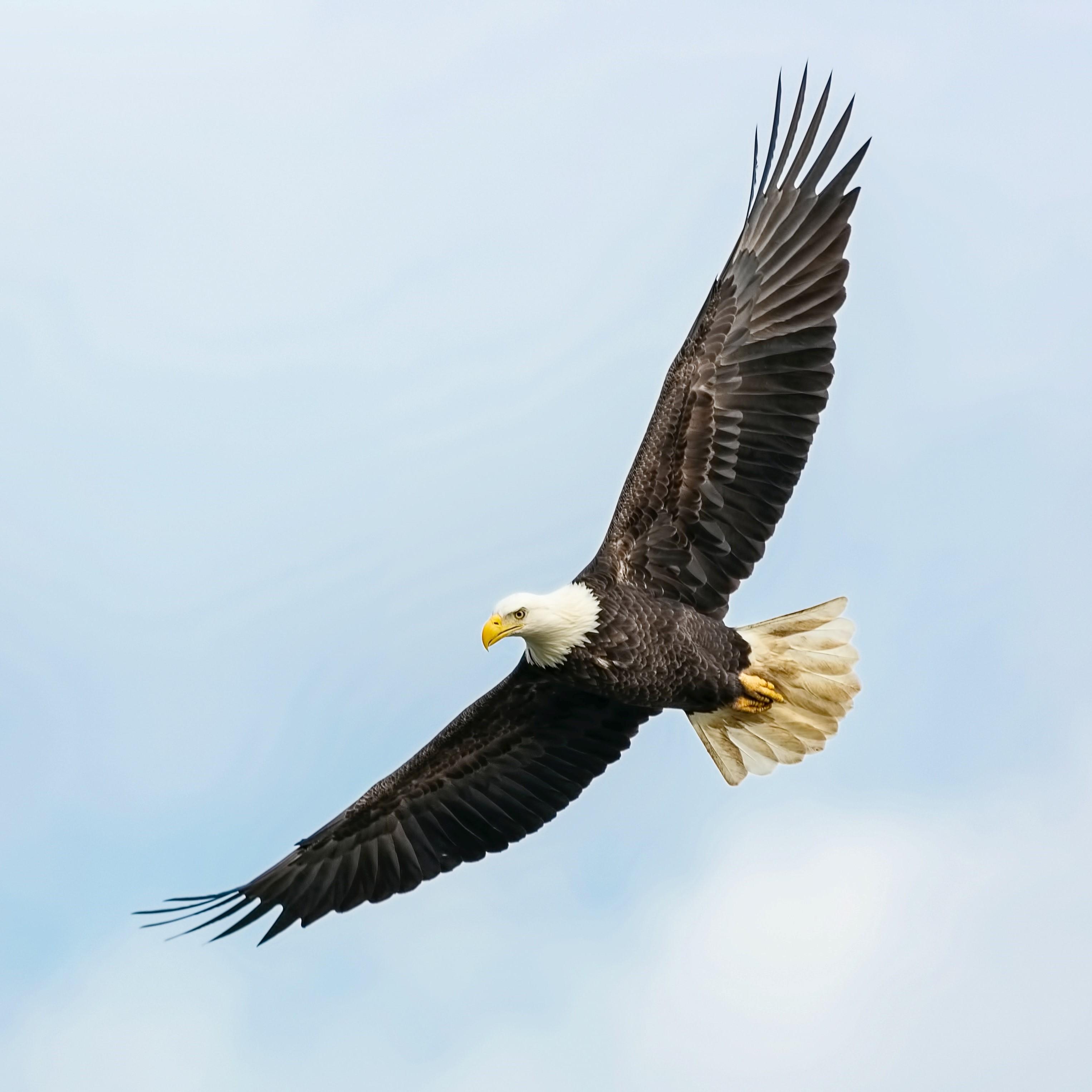William Bowerman, Professor and Chair, UMD Environmental Science and Technology
Image Credit: Edwin Remsberg
The National Academies of Science, Engineering and Medicine has appointed William Bowerman, professor and chair of the University of Maryland (UMD) Department of Environmental Science and Technology (ENST) and current vice chair of the Ornithological Council (OC), as one of 13 members of a new standing committee on animal welfare. Last fall, the OC nominated Bowerman for the role after the Institute for Laboratory Animal Research issued a call for experts to serve on the new Standing Committee for the Care and Use of Animals in Research. The committee will help foster the exchange of ideas and knowledge on how best to make any future updates to the Guide for the Care and Use of Animals in Research, the primary guidance document for animal researchers.
“It is an honor to be selected as the only ornithologist and one of four field ecologists for a National Academies standing committee, with over 400 nominations being made for our 13 member committee,” says Bowerman.

Bowerman is a world-renowned expert on environmental change, studying its impacts through eagle populations and other birds of prey, and a highly-regarded researcher, teacher, and leader in the scientific community. The OC has urged the Institute for Laboratory Animal Research to use this new committee as an opportunity to involve a subset of researchers that have been underrepresented by those involved with developing and publishing their guidelines – wildlife professionals.
“Bringing my perspective as a field based wildlife researcher, I can bring unique experiences to the committee,” explains Bowerman. “Our methods and conditions are so different from laboratory animal uses, and with an ethical responsibility as a scientist, both cases need the best practices brought to the use of animals in research.”
The Guide to the Care and Use of Laboratory Animals is widely applied to research conducted or funded by the federal government and is a suitable standard for biomedical research. However, it has little information relevant to wildlife research beyond general principles. It is crucial that scientists and researchers with experience working in the field are represented on the new committee and are able to offer their expertise and feedback on the committee tasks and deliberations.
“The Guide to the Care and Use of Laboratory Animals is our gold standard for meeting the goals outlined in the Animal Welfare Act,” reiterates Bowerman. “Of the 13 members, only about one third of the Committee uses wildlife in research. Ensuring that all of the field-based guidelines developed by professional societies that utilize wild birds, mammals, amphibians, reptiles, and fish are taken into account in a common new guide for the use of animals in research is important. When one realizes how important the interface of wildlife and domestic animals and humans is, illustrated by the origins of the COVID-19, ensuring that the highest quality research is conducted is crucial to our survival as a species. Failure to base one's research on the strong fundamentals of the highest quality methods for all animal research undercuts our science.”
About the Ornithological Council
The Ornithological Council is a consortium of 10 scientific societies of ornithologists; these societies span the Western hemisphere, and the research conducted by their members spans the globe. Their cumulative expertise comprises the knowledge that is fundamental and essential to science-based bird conservation and management. The OC is financially supported by 10 member societies and the individual ornithologists who value our work.